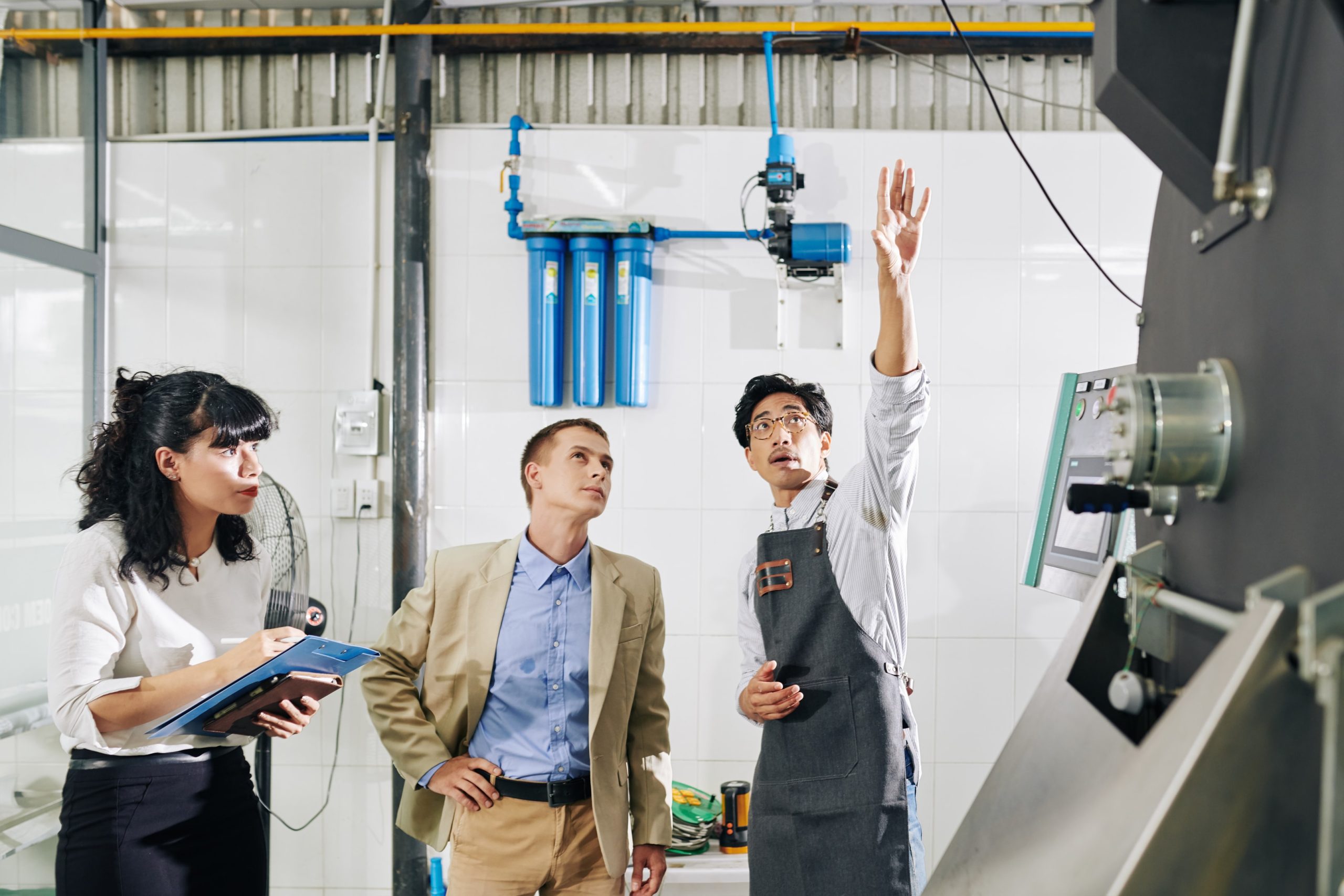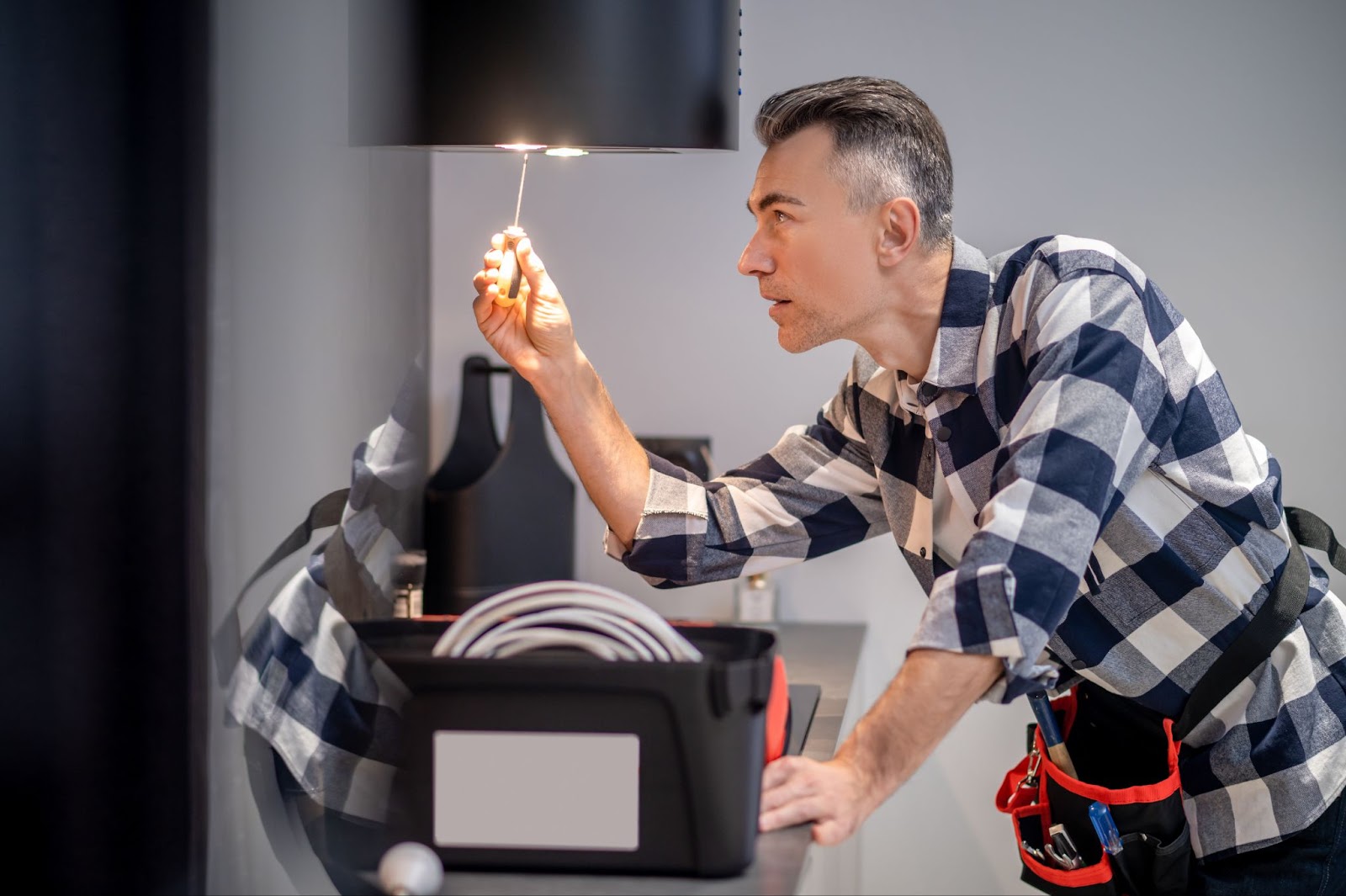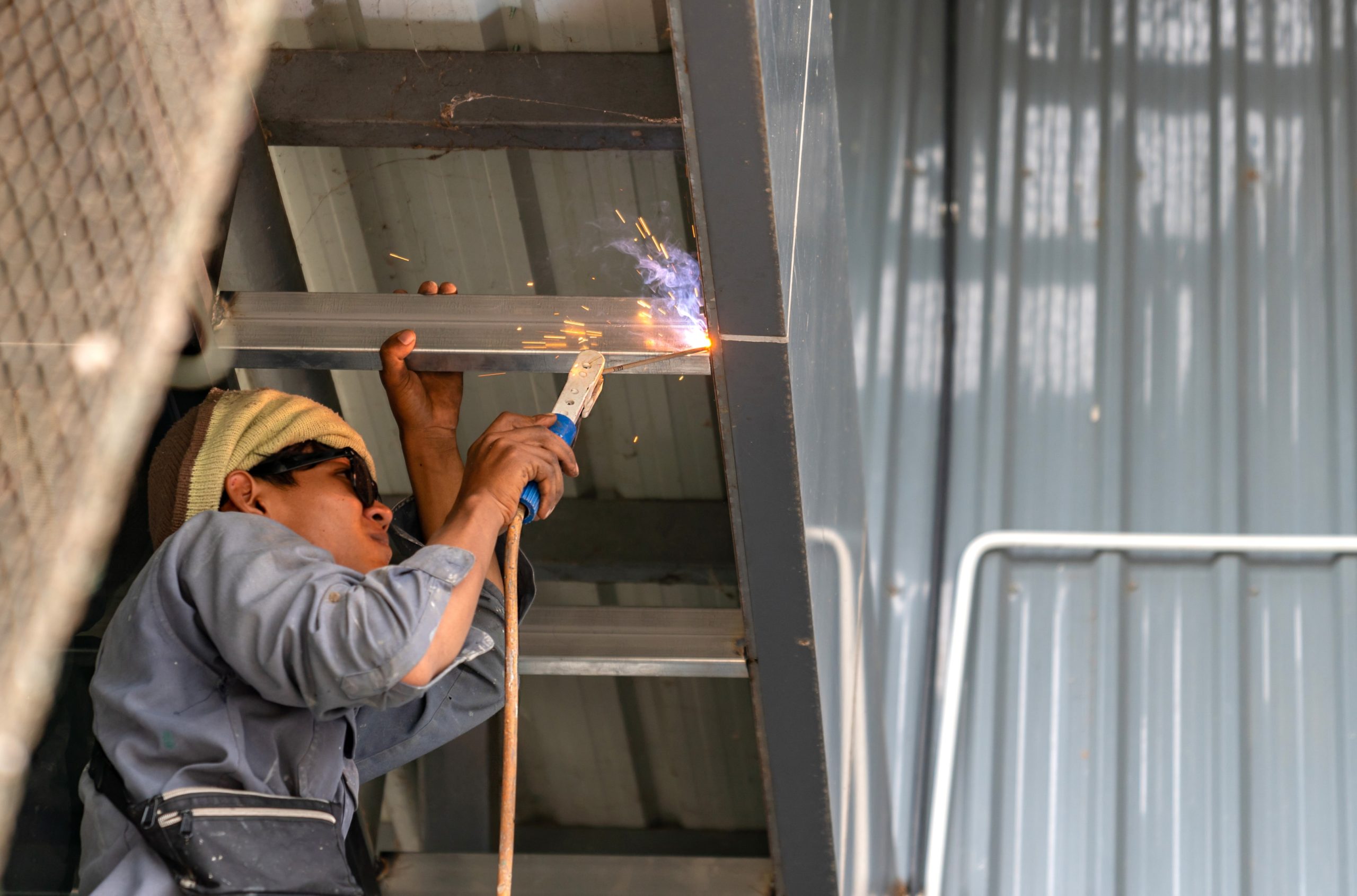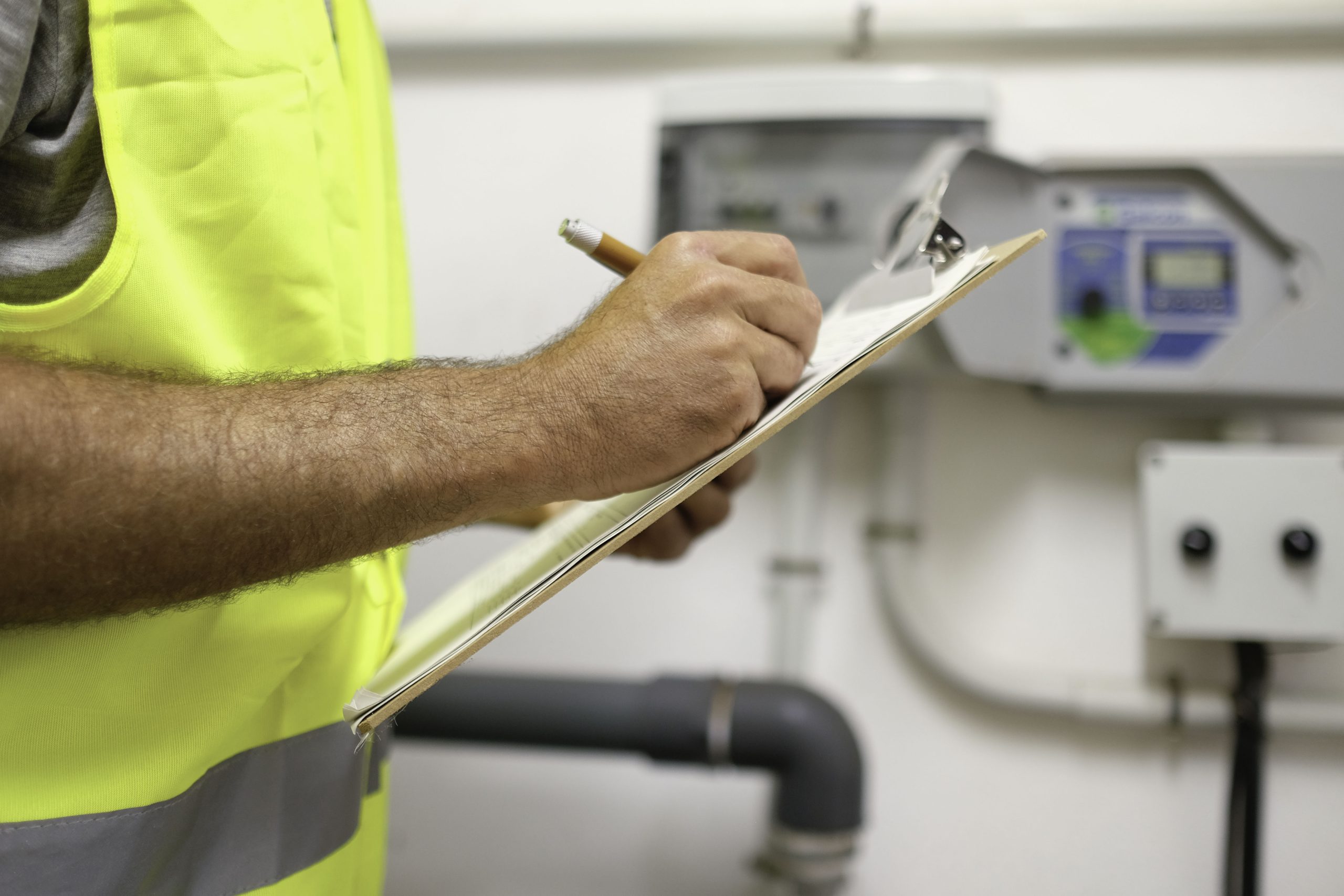Plumbing is easy to ignore until something goes wrong. A slow drain, a hidden leak, or a failing water heater can escalate quickly, affecting employees, customers, and daily business activities.
Regular plumbing maintenance prevents failures, reduces emergency repairs, and extends the lifespan of facility plumbing systems. But is plumbing maintenance cost-effective? The short answer is yes. Preventative maintenance keeps pipes, fixtures, and appliances in working order so you don’t have to pay for reactive repairs.
Let’s look at the real cost of plumbing maintenance and why it might be one of the smartest investments you can make.
What Does Plumbing Maintenance Include?
Plumbing maintenance includes routine inspection and fixing of your facility’s or home’s plumbing system. It involves drain maintenance, water heater inspections, pressure testing, and pipe assessments.
Professional plumbing maintenance services focus on identifying signs of wear, corrosion, and blockages before they turn into major issues.
Without maintenance, sediment builds up in water heaters, pipes weaken, and unnoticed leaks waste gallons of water. These issues drive up utility bills and lead to major repairs that are more expensive than a routine service visit.
A well-planned maintenance schedule also protects plumbing components, such as pipes, valves, and fixtures, from premature wear, reducing the likelihood of sudden failures.
How Much Does Plumbing Maintenance Cost?
The cost of plumbing maintenance depends on the property size, plumbing age, and the level of service required.
For commercial buildings, the price of preventative plumbing maintenance is minimal compared to the cost of plumbing emergencies. A burst pipe in a retail store or a failed water heater in a hotel can result in thousands of dollars in damages and lost business.
A single emergency plumbing call can cost two to five times the price of routine maintenance. Investing in regular inspections and repairs prevents these expensive surprises.
Common Plumbing Issues Prevented by Regular Maintenance
Plumbing maintenance does more than keep pipes in mint condition. It prevents major problems that can disrupt business operations.
- Leaky faucets and water damage: Even a slow drip can waste hundreds of gallons of water per year and cause hidden structural damage.
- Clogged drains and sewer backups: Regular drain cleaning prevents blockages that lead to costly repairs.
- Water heater failures: Sediment buildup reduces efficiency and shortens the lifespan of water heaters. Flushing the system keeps it running without problems.
- Frozen or burst pipes: Inspections catch vulnerable pipes before they freeze and rupture in cold weather.
- Low water pressure and undetected leaks: Small leaks reduce water pressure and increase bills without being immediately noticeable.
A well-maintained plumbing system prevents these risks and keeps facilities running without disruption.
Benefits of Regular Plumbing Maintenance
Don’t underestimate the importance of regular plumbing maintenance. Follow these plumbing maintenance tips to save money and avoid the hassle of fixing a broken system:
Extend the Lifespan of Your Plumbing System
Pipes, fixtures, and appliances wear down over time. Corrosion weakens metal pipes, mineral buildup clogs water lines, and water pressure fluctuations strain connections. If these issues go unnoticed, they lead to leaks, burst pipes, or major system failures.
Routine maintenance slows this wear and tear. Inspections catch early signs of corrosion, flushing the water heater removes sediment buildup, and adjusting water pressure prevents stress on pipes.
Taking care of these small issues extends the life of your plumbing, delaying the need for expensive replacements.
Lower Water and Energy Bills
Leaky pipes and inefficient appliances waste money. A dripping faucet can waste over 3,000 gallons of water per year. A toilet with a slow leak can add hundreds of dollars to a water bill. Sediment buildup in a water heater makes it work harder, increasing energy use.
- Fixing leaks prevents water waste and keeps utility bills low.
- Flushing the water heater improves efficiency and reduces energy costs.
- Maintaining the right water pressure prevents damage to appliances and plumbing connections.
Regular maintenance keeps plumbing systems efficient and prevents unnecessary water and energy costs.
Prevent Water Damage and Mold Growth
Leaks weaken walls, damage flooring, and create the perfect conditions for mold. Once mold spreads, removing it requires costly remediation, and water-damaged materials often need to be replaced.
Hidden leaks are especially dangerous. A slow drip behind a wall may go unnoticed for months, causing thousands of dollars in structural damage. Regular inspections find these leaks early, preventing expensive repairs.
Effective plumbing maintenance protects businesses’ entire property. A single undetected leak can lead to extensive repairs that could have been avoided with routine care.
Who Benefits Most From Plumbing Maintenance?
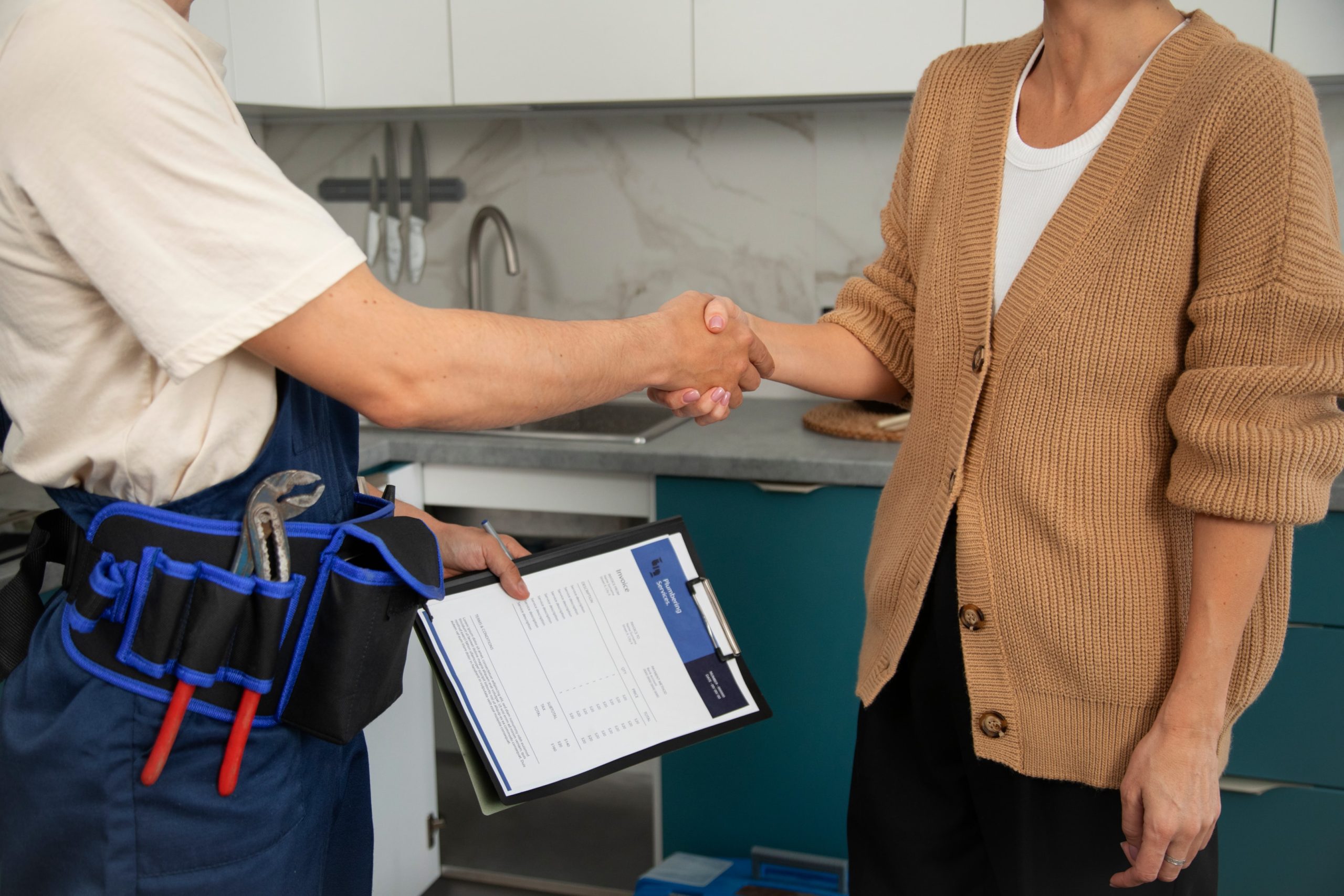
Plumbing maintenance prevents expensive repairs, protects property value, and ensures reliable water flow. By keeping your plumbing systems fully functional, you can save money.
Regular inspections, drain cleaning, and leak detection help avoid major breakdowns that disrupt daily operations and require extensive repairs.
Businesses and Commercial Properties
Plumbing failures drive away customers and cause expensive downtime. A clogged grease trap in a restaurant, a broken water heater in a hotel, or an overflowing restroom in an office building forces owners to halt operations until repairs are complete.
Commercial plumbing systems experience heavier use than residential ones. More sinks, toilets, and appliances put extra strain on pipes and drainage systems. Without maintenance, blockages, leaks, and pressure problems develop faster.
- Restaurants and hotels rely on clean water and functional drainage. A backed-up sewer line or broken water heater can lead to cancellations, refunds, and lost revenue.
- Office buildings need working restrooms, breakroom sinks, and reliable water pressure. Plumbing failures create major inconveniences for employees and tenants.
- Retail stores and shopping centers must keep public restrooms clean and operational. A plumbing issue can create an unpleasant shopping experience and drive customers away.
Using drain screens in sinks and floor drains prevents buildup that can cause costly clogs.
Routine maintenance sustains efficient plumbing systems and prevents plumbing emergencies that could disrupt operations.
Landlords and Property Managers
Leased properties need consistent plumbing maintenance. Tenants do not always report minor leaks or slow drains, allowing problems to worsen. A leaking pipe in one unit can damage walls, ceilings, and floors in surrounding units, leading to costly repairs.
Regular plumbing inspections help property managers catch leaks before they cause serious damage. Drain cleaning prevents major clogs, and water heater maintenance ensures tenants always have hot water.
For multi-unit buildings, plumbing maintenance is essential. A single plumbing failure can affect dozens of residents, resulting in emergency repair costs and tenant complaints.
Preventative maintenance reduces the number of emergency calls, keeps repair costs under control, and protects leased properties from long-term damage.
DIY Plumbing Maintenance vs. Professional Services
Facilities can handle minor maintenance tasks in-house, but professional plumbing maintenance services are necessary for long-term system reliability.
Plumbing Maintenance You Can Do Yourself
- Check for leaks: Look under sinks, around toilets, and near water heaters for signs of moisture or pooling water. Catching leaks early prevents water damage and mold growth.
- Flush the water heater: Draining the tank once a year removes sediment buildup that reduces heating efficiency and shortens the unit’s lifespan.
- Clean aerators and showerheads: Mineral deposits clog fixtures over time, reducing water pressure. Soaking them in vinegar removes buildup and restores proper flow.
- Use drain strainers: Food scraps, soap residue, and hair cause blockages. Installing drain strainers in sinks and showers prevents debris from clogging pipes.
- Monitor water pressure: High-pressure strains pipes and appliances. Using a pressure gauge makes sure pressure levels stay within a safe range. If the pressure is too high, a plumber may need to install a regulator.
These small maintenance steps reduce the risk of leaks and pipe damage.
Plumbing Problems That Require a Professional
Some plumbing issues require specialized tools and expertise. Attempting DIY repairs on these problems can make them worse, leading to higher repair expenses.
- Persistent leaks: A dripping faucet or a minor leak under the sink may be easy to fix, but hidden pipe damage can cause leaks to return. A plumber can find and repair the root cause.
- Recurring drain clogs: Chemical drain cleaners damage pipes over time and do not always remove the entire blockage. A plumber uses hydro jetting or a drain snake to clear pipes safely.
- Water heater malfunctions: If a water heater leaks, produces discolored water, or stops heating properly, it needs professional repair. Ignoring these issues can lead to complete system failure.
- Sewer line problems: Gurgling toilets, slow drains in multiple fixtures, and sewage odors often indicate a sewer blockage. Plumbers use cameras to locate the problem and clear blockages.
- Low water pressure throughout the property: A pressure drop in the entire building may signal a pipe obstruction, a leak, or a municipal supply issue. A plumber can diagnose and fix the problem.
DIY maintenance helps prevent minor plumbing problems, but professional inspections identify hidden issues before they become emergencies.
Professional plumbers use cameras to detect leaks inside walls, inspect water heaters for early signs of failure, and clean drains with specialized equipment.
Schedule Plumbing Maintenance With Trillium
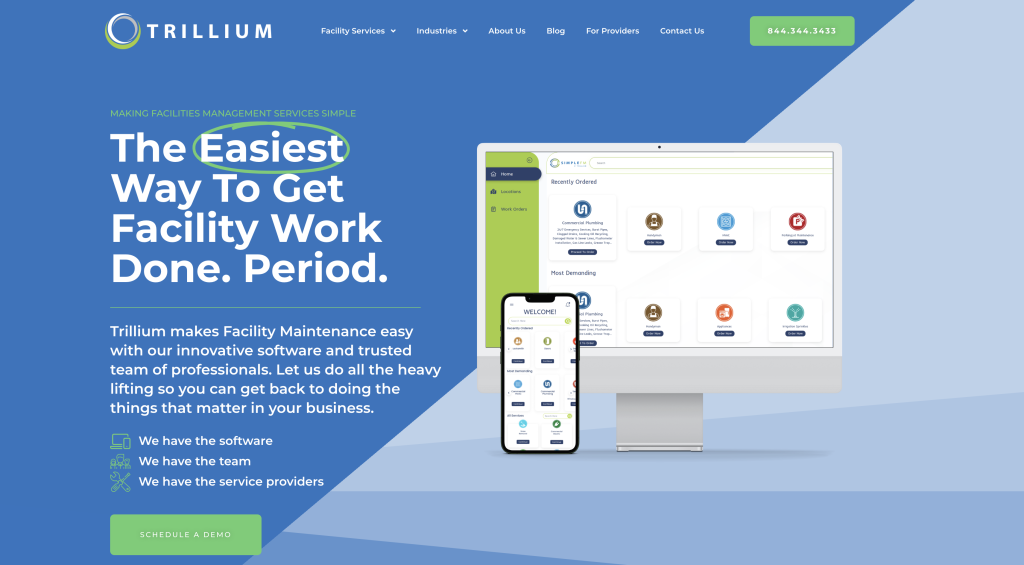
Trillium provides facility maintenance software that lets you submit work orders, track maintenance requests, and coordinate service providers in one easy-to-use platform. Instead of dealing with multiple vendors and last-minute repairs, you get a centralized solution for plumbing maintenance.
- 24/7 service management: Get round-the-clock plumbing support across 47 states.
- Proactive maintenance that prevents expensive repairs: Regular inspections, drain cleaning, and water heater servicing keep plumbing systems efficient and reliable.
- Work order software that keeps you in control: Dispatch, track, and manage service requests anytime, from anywhere.
Keep your facility safe, efficient, and compliant with expert plumbing maintenance. Contact Trillium today to schedule a service plan that works for you.
FAQs About Is Plumbing Maintenance Cost-Effective
Are plumbing service plans worth it?
Yes, plumbing service plans help prevent expensive repairs by covering routine inspections, drain cleaning, and water heater servicing. They reduce the risk of major plumbing failures and save money compared to paying for emergency repairs.
How often do you need plumbing maintenance?
Most plumbing systems need professional maintenance once a year. Older properties, commercial buildings, and high-usage systems may require more frequent inspections and servicing.
How much does pipe maintenance cost?
It depends on the type of service you need. A basic plumbing inspection can cost between $150 and $500. If your pipes need cleaning or minor repairs, that adds to the total, but regular maintenance helps you avoid expensive emergency repairs later.
What is the best way to pay for plumbing repairs?
A preventative maintenance plan spreads costs over time and prevents surprise expenses. Setting aside a repair budget also helps facilities handle unexpected issues.

